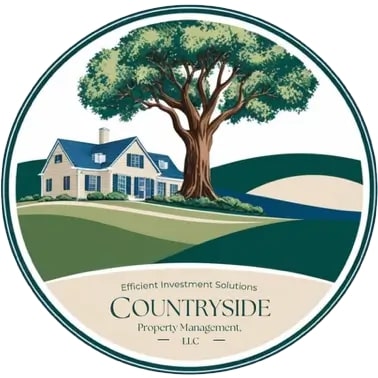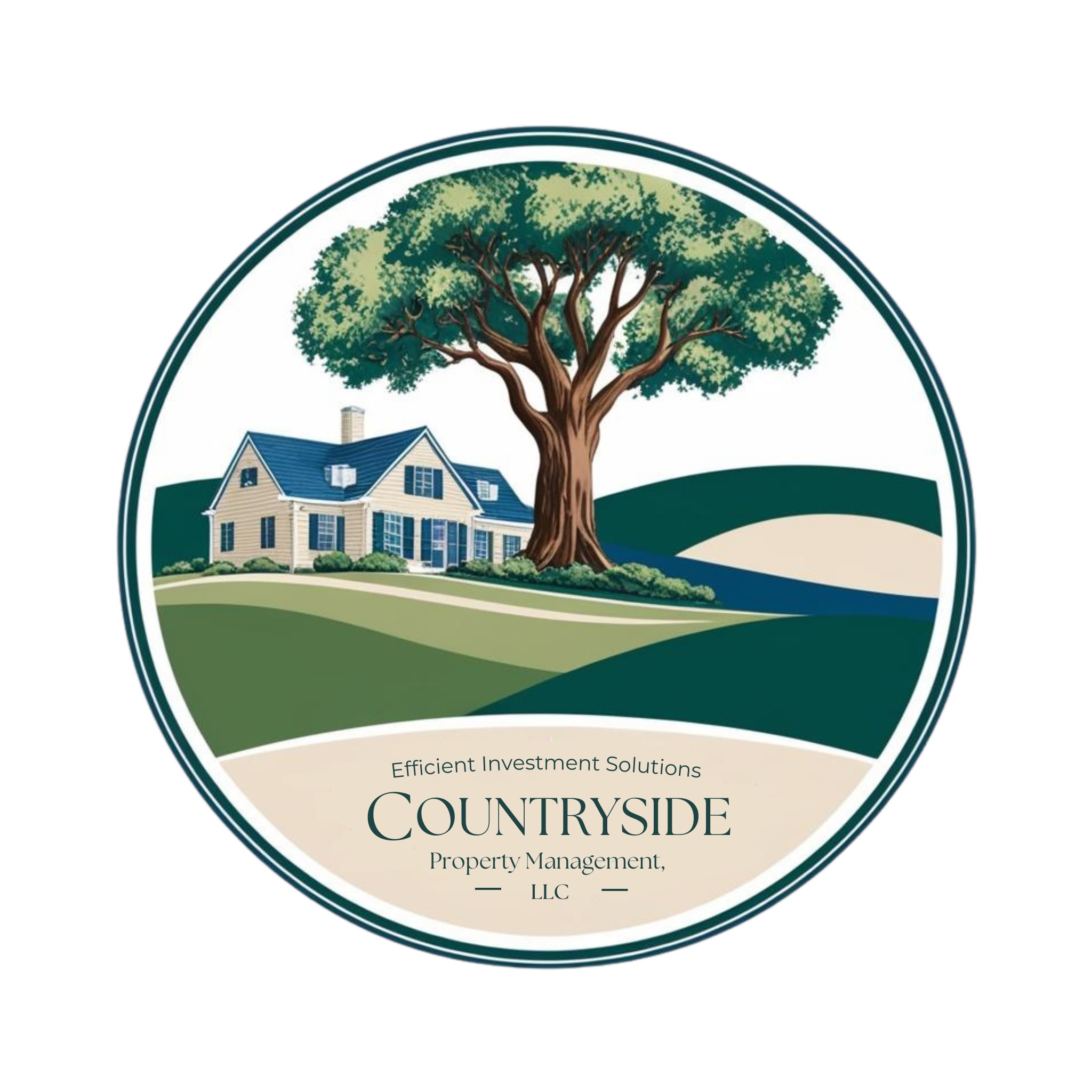Introduction
Property maintenance is more than a checklist. It’s an investment strategy that directly protects and grows property value. For owners and managers, maintenance is a form of risk management, safeguarding against depreciation, legal liabilities, and unexpected expenses. A well-maintained property attracts quality residents, commands higher rents, and sustains long-term profitability.
Understanding the Importance of Maintenance
- Preserves Property Value: Properties naturally depreciate when left unattended. Regular upkeep, such as roof inspections, painting, and HVAC servicing prevents small issues from becoming structural problems that drastically reduce a property’s market value. A home with consistent maintenance records also appraises higher and sells faster because buyers and appraisers view it as lower-risk.
- Reduces Long-Term Costs: Ignoring small maintenance tasks often leads to compounding damage. For instance, a $100 gutter cleaning can prevent $5,000 in water damage repairs. Preventive maintenance programs typically reduce total repair costs by 12–18% annually, according to industry studies. In short, each maintenance action today prevents multiple costs tomorrow.
- Enhances Tenant Retention: When residents see that maintenance is handled promptly and professionally, they feel respected and secure—key emotional factors in lease renewal decisions. Conversely, neglected maintenance signals mismanagement, which leads to dissatisfaction and higher turnover. Each renewal secured saves marketing costs, vacancy loss, and make-ready expenses.
Key Maintenance Categories
Exterior Maintenance:
- Inspect and repair roofing, siding, and gutters to prevent leaks and structural decay.Maintain landscaping, including trimming trees, mowing lawns, and clearing debris.
- Maintain landscaping for curb appeal. First impressions matter for property valuation.
- Ensure exterior lighting is functional and security features are in place.
Interior Maintenance:
- Schedule regular inspections of HVAC systems, plumbing, and electrical systems for efficiency and safety.
- Repair any interior damage, including walls, flooring, and fixtures. Minor damage can deter renewals or lower rental rates.
- Maintain proper ventilation to prevent mold and maintain indoor air quality.
Preventive Maintenance
- Create a maintenance schedule for seasonal tasks (e.g., HVAC servicing, gutter cleaning).
- Track all inspections and repairs digitally to ensure nothing is overlooked.
- Leverage property management software for accountability and analytics.
Seasonal Maintenance Checklist
- Spring: Inspect roofing, clean gutters, and check HVAC systems.
- Summer: Service air conditioning, maintain landscaping, and inspect irrigation.
- Fall: Clean gutters, inspect heating systems, and weatherproof doors and windows.
- Winter: Prevent frozen pipes, clear walkways of ice, and test smoke detectors.
Staying ahead of the weather prevents emergency calls and extends the lifespan of property systems.
Maintenance Documentation
- Maintain detailed records of all maintenance activities, including inspections, repairs, and costs.
- Use a digital maintenance log or property management software for tracking.
- Regularly review and update maintenance schedules based on property needs.
Detailed records serve as proof of diligence for insurance claims, tax deductions, and legal compliance. A digital maintenance log enhances accountability and simplifies audits. Tracking repair costs and patterns also helps forecast future expenses more accurately.
Tenant Communication and Involvement
Educating residents about their role in property care fosters cooperation. Provide guidance on:
- Reporting maintenance issues early to prevent escalation.
- Simple upkeep tasks like replacing filters or maintaining cleanliness.
- Seasonal reminders (e.g., leaving faucets dripping during freezes).
When residents feel involved, they take greater pride in the property. This reduces damage and improves longevity.
Conclusion
Consistent, proactive maintenance is not just a duty. It’s a profit multiplier. By staying ahead of issues, documenting actions, and keeping residents informed, property owners protect asset value, reduce operating costs, and create a superior living experience. Maintenance isn’t an expense; it’s an investment that delivers measurable returns through appreciation, stability, and long-term resident loyalty.


